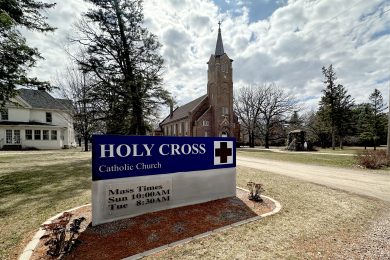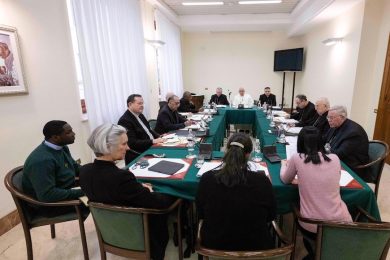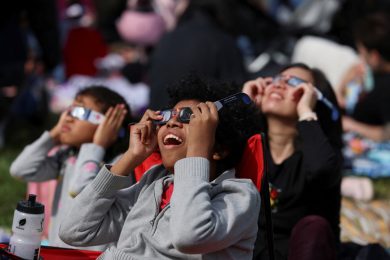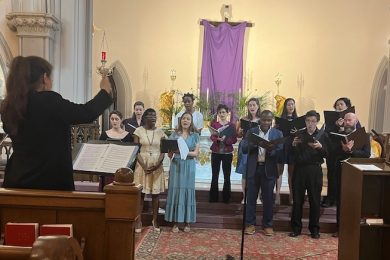By Greg Erlandson
I’d love to be writing about something other than the coronavirus crisis, but it is hard to think of any other event that has so transfixed our attention. It is as if the entire world — well, maybe not Florida — has been forced to take a 30-day retreat to contemplate what really matters.
There have been small, unexpected benefits. Cities are quieter. The air seems cleaner. The roads emptier. We have time to read, to Facetime with friends, to catch up on projects that were always delayed by the tyranny of the urgent.
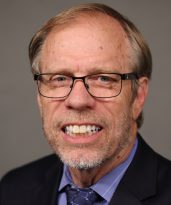
We don’t have Mass, but we certainly have time to pray. If we took the Eucharist for granted before, now we long for it, which is a blessing too.
The negatives are undeniable as well. Start with the financial. The layoffs are mounting, and many are woefully unprepared. In 2018, a study by the Federal Reserve concluded that 40% of the population could not cover an unexpected $400 expense. This crisis comes with a much higher cost than 400 bucks.
One of the many downsides to the wealth gap and wage stagnation has been a lot of people living close to the edge. And despite all the warnings from experts over the years, who really plans for a pandemic?
The crisis has also brought to the surface a bizarre kind of utilitarianism, suggesting that this huge group sacrifice we are making is not worth it. Why sacrifice the economy for the sake of the elderly and the vulnerable, who one tweeter described as “expensive to maintain” and “not productive”?
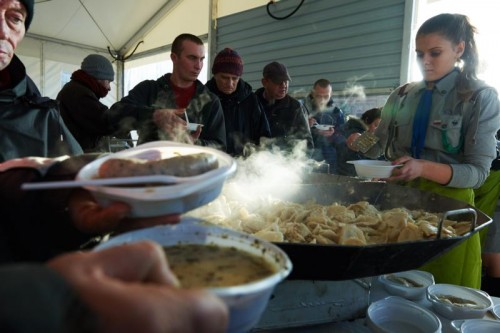
We are also seeing other expressions of selfishness, a disregard for the common good by some who believe their desire to do what they want trumps any kind of larger social concern.
The pandemic has drawn attention to a moral crossroads we have been at for some time. Do we protect the weak and the defenseless, do we support the poor and the struggling, or do we disregard the nonproductive, the “drags” on the economy?
Father Julian Carron, writing in a northern Italian newspaper at the height of the crisis there, embraced the terrible moment Italy is enduring as an opportunity. “Often we live as if we were in a bubble,” he wrote, “which makes us feel safe from the buffets of life.”
This crisis, he said, has ruined our plans and forced us to take ourselves seriously. “The challenges that reality does not spare us can become our greatest allies, because they force us to look more deeply at what it means to be human.”
In our hoarding, in our disdain for others, in our panic over the economy, we are acting out of fear. It is human to be fearful at this moment, of course. But for those of us who claim to be Christian, we hear the words the Lord repeatedly encouraged us with: “Do not be afraid.”
“Our help is in the Lord, who made heaven and earth,” we have mumbled many times. Now we must take seriously the faith we professed so easily in times of comfort.
Those who are willing to put at risk portions of the population, or who write off the few for the many, will make their cold calculations. For Christians, the challenge now is to live as we have preached, to find ways to help those in need, to make the sacrifices asked of us, to share our resources with others in greater need or to simply shelter in place, however inconvenient it is.
“What an opportunity this circumstance we are living could become!” Father Carron concluded his essay: “An opportunity you do not want to miss.”
Erlandson, director and editor-in-chief of Catholic News Service, can be reached at gerlandson@catholicnews.com.



